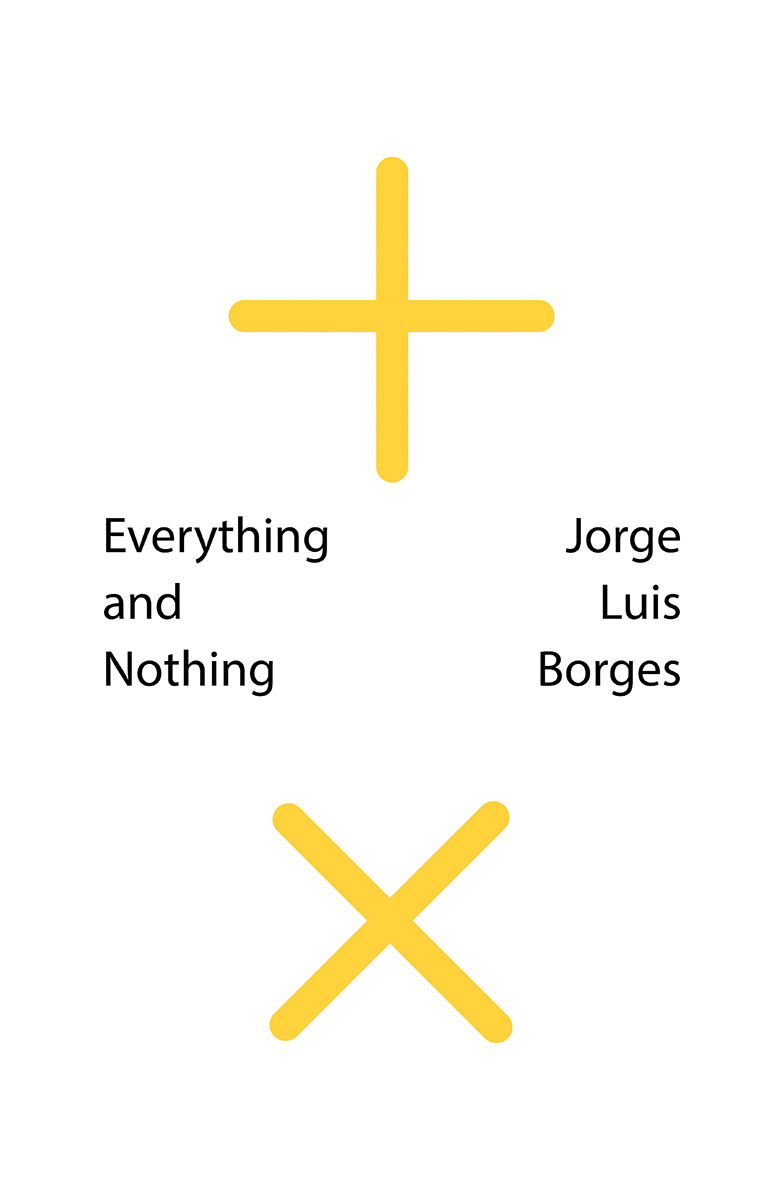What do you think?
Rate this book


129 pages, Paperback
First published April 1, 1999
In London he found the calling he had been predestined to; he became an actor, that person who stands upon a stage and plays at being another person, for an audience of people who play at taking him for that person. The work of a thespian held out a remarkable happiness to him – the first, perhaps, he had ever known; but when the last line was delivered and the last dead man applauded off the stage, the hated taste of unreality would assail him.
Pierre Menard did not want to compose another Quixote, which surely is easy enough – he wanted to compose the Quixote. Nor, surely, need one have to say that his goal was never a mechanical transcription of the original; he had no intention of copying it. His admirable ambition was to produce a number of pages which coincided – word for word and line for line – with those of Miguel de Cervantes.


"We may draw two conclusions, at least tonight; later we can change our minds. The first is that dreams are an aesthetic work, perhaps the most ancient aesthetic expression. They take a strangely dramatic form. We are, as Addison said, the theater, the spectators, the actors, the story. The second refers to the horror of nightmares. Our waking life abounds in terrible moments; we all know that there are moments in which reality overwhelms us. A loved one has died, a loved one has left us; such are the causes of sadness, of despair...Nevertheless, these do not pertain to nightmares. The nightmare has a particular horror, and that horror may be expressed by any story. It may be expressed by Wordsworth's Bedouin who is also Don Quixote, by scissors and threads, by my dream of the king, by the famous nightmares of Poe. But there is something: it is the flavor of the nightmare."
"A writer, or any man, must believe that whatever happens to him is an instrument; everything has been given for an end. This is even stronger in the case of the artist. Everything that happens, including humiliations, embarrassments, misfortunes, all has been given like clay, like material for one's art. One must accept it. For this reason I speak in a poem of the ancient food of heroes: humiliation, unhappiness, discord. Those things are given to us to transform us that we may make from the miserable circumstances of our lives things that are eternal, or aspire to be so."